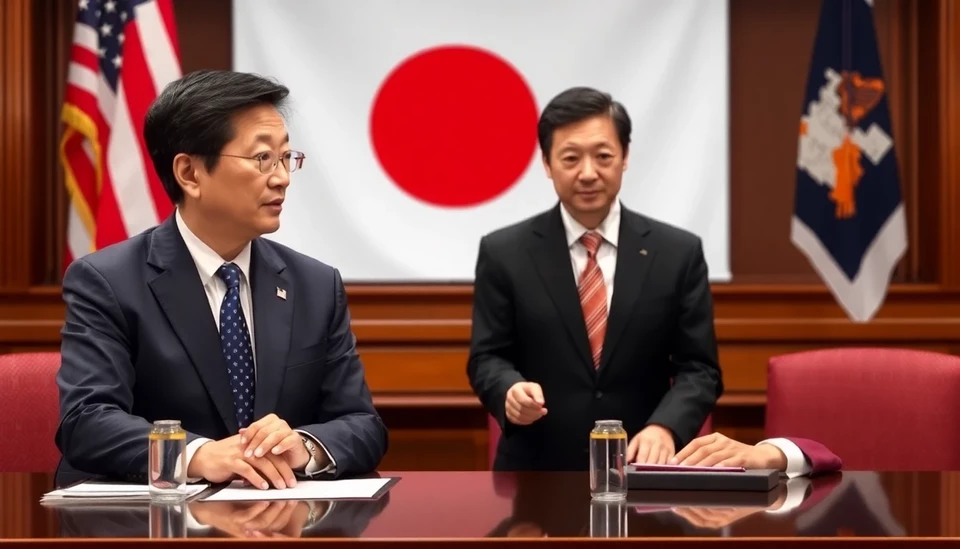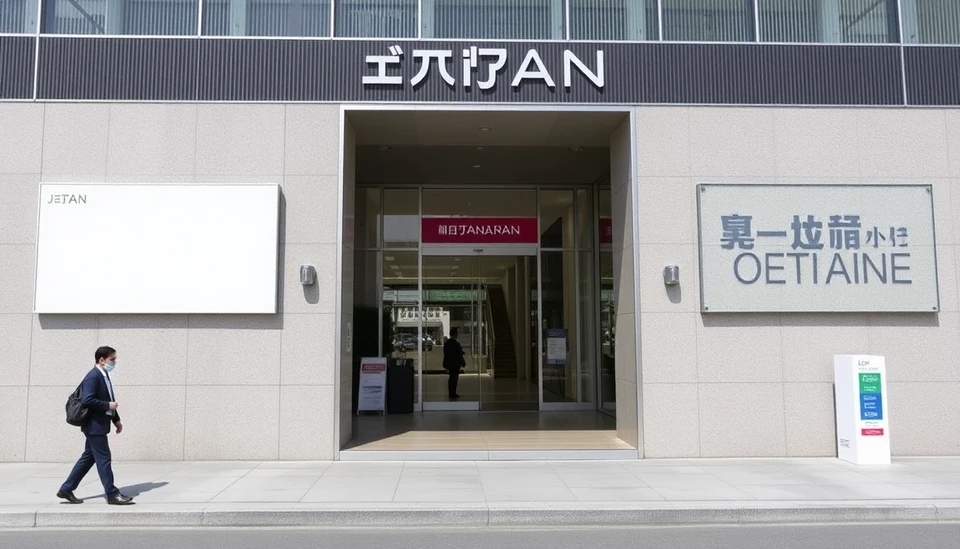
Japan’s economic landscape is confronting significant obstacles as the nation’s gross domestic product (GDP) growth falters, threatening its ambitious defense spending initiatives. Recent reports indicate that Japan may struggle to meet its target of doubling defense expenditures over the next five years, a goal set against a backdrop of regional security concerns and rising military pressures.
The Japanese government, which has pledged to enhance its military capabilities in response to increasing tensions in the Asia-Pacific region, is now faced with critical financial implications. Current economic indicators suggest that Japan's economy is expanding at a slower pace than projected, casting doubt on its ability to fund the required military upgrades and operational readiness enhancements.
According to the latest data, Japan’s GDP growth rate has shown signs of stagnation, with several sectors grappling with economic headwinds. Analysts point to a combination of factors influencing this trend, including global supply chain disruptions, labor shortages, and strengthening inflationary pressures. Such economic challenges complicate the government’s fiscal space, already constrained by high levels of public debt.
The defense spending target, announced as part of a broader strategic shift to bolster Japan’s military posture, aims to achieve a budget exceeding 2% of GDP by 2027. However, as economic growth appears to lag, achieving this target may necessitate a reassessment of budgetary allocations. Lawmakers and defense analysts are increasingly concerned about the feasibility of committing substantial resources to defense while maintaining support for social programs and addressing domestic economic issues.
To put things into perspective, Japan's defense budget is currently one of the largest in Asia, but to meet future needs—especially as geopolitical dynamics in the region evolve—the country acknowledges that it must invest considerably more. This includes enhancing its capabilities regarding cyber defense, missile systems, and regional security collaborations with allies such as the United States.
As the government continues to outline its defense strategy, officials acknowledge the delicate balance between increasing military spending and ensuring economic stability. The recent economic trends will likely prompt a reevaluation of current fiscal policies, with discussions among policymakers about how best to coordinate these competing interests effectively.
With Japan eyeing its security priorities amid an unpredictable international climate, achieving a sustainable economic growth trajectory will be imperative. In a nation where post-war pacifism has long shaped defense policies, this strategic pivot towards a robust military capability may require both fiscal ingenuity and public consensus to realize the intended outcomes.
In summary, Japan stands at a crossroads. Its ambitions to expand defense spending are met with the sobering realities of economic challenges. The government's next steps will be crucial in determining whether it can align these priorities while fostering a resilient and prosperous economic future.
#Japan #GDP #DefenseSpending #Economy #Military #AsiaPacific #NationalSecurity
Author: Laura Mitchell




